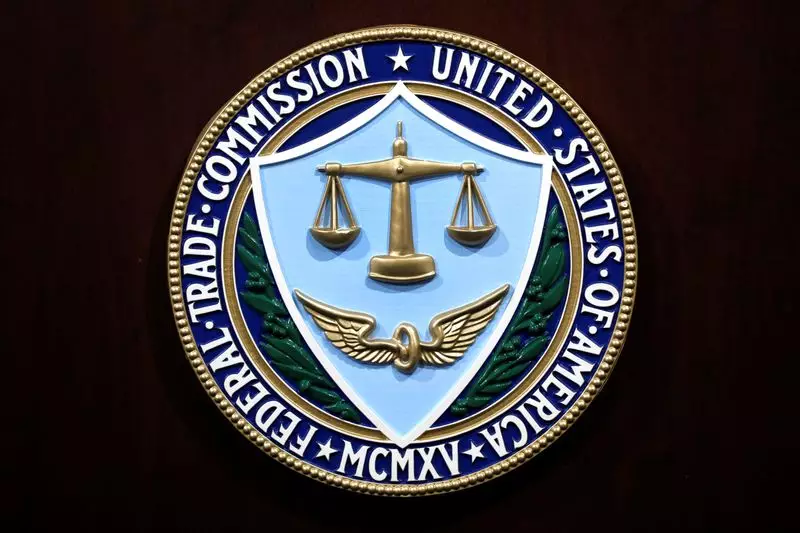The recent actions taken by U.S. Federal Trade Commission (FTC) Chair Andrew Ferguson signal a substantial pivot in the agency’s approach to Diversity, Equity, and Inclusion (DEI) policies. This development comes after a contentious vote that reflects the prevailing ideological divisions within the agency. As Ferguson pushes to remove DEI references from FTC regulations, the implications extend beyond bureaucratic changes—they unveil deep-seated tensions between Republican and Democratic commissioners and raise questions about the agency’s operational independence.
Ferguson’s ascendance to the FTC chair came at a time when the agency was still under Democratic majority control. His demand for the commission’s endorsement to dismantle DEI frameworks was bolstered by President Trump’s executive order, which sought to eliminate such programs across federal agencies. This move implies that Ferguson is aligning the FTC with broader conservative ideals, essentially using his position to implement a political agenda that resonates with Trump’s vision. It’s not merely about policy change; it represents a GOP assertion of influence within an independent regulatory body.
The core debate revolves around the FTC’s independence and the ability of its commissioners to act without political bias. Under longstanding legal precedent, the occupants of independent agencies, including the FTC, can only be dismissed for specific justifiable reasons, unlike political appointees in executive branches who serve at the president’s pleasure. This regulatory boundary is crucial for maintaining the objectivity and integrity of independent bodies. Ferguson’s approach raises alarms about a potential erosion of this principle, especially when he contends that dissenting views, particularly those rooted in disagreement with partisan policies, undermine the authority of the presidency.
During the critical vote, Democratic Commissioner Alvaro Bedoya stood alone in dissent, criticizing Ferguson for not prioritizing urgent societal issues such as rising living costs over ideological pursuits related to DEI. His stance encapsulates a broader concern among Democrats about the possible ramifications of Ferguson’s agenda. Moreover, Democratic Commissioners Lina Khan and Rebecca Slaughter abstained from the vote, effectively sidestepping a direct endorsement of Ferguson’s authority while maintaining their opposition to his stance. Slaughter emphasized her commitment to uphold the Constitution, advocating for a distinct separation between personal ideologies and regulatory practices.
The actions at the FTC resonate in the larger conversation about federal policy and diversity initiatives. By championing the elimination of DEI references, Ferguson not only challenges existing frameworks but poses a fundamental question about the value placed on diverse perspectives in policymaking. The potentially sweeping impact of such a shift demands a reassessment of the principles upon which federal agencies operate. As the conversation unfolds, the consequences of this ideological battle will significantly shape the landscape of federal employment practices and regulatory philosophies in the United States.
The FTC’s evolving stance on DEI embodies a pivotal moment in U.S. regulatory practices, revealing a clash of ideals that transcends mere agency policies. This episode encapsulates the broader push-and-pull between political agendas and regulatory independence, a dichotomy that will likely influence federal institutions’ operational dynamics for years to come. As stakeholders and observers brace themselves for the implications of Ferguson’s actions, one must question whether the pursuit of ideological conformity will ultimately serve or undermine the principles of fairness and accountability in governance.

